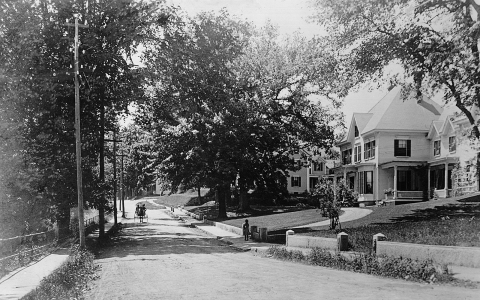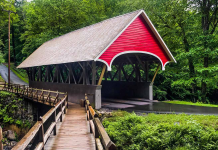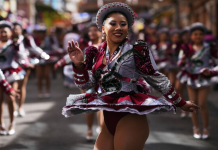Alright folks, grab your virtual notebooks because this dive into New Hampshire colonial religion? Way messier than those pretty pictures in textbooks let on. I got curious after stumbling over some dusty town records online and just had to dig deeper. Buckle up.
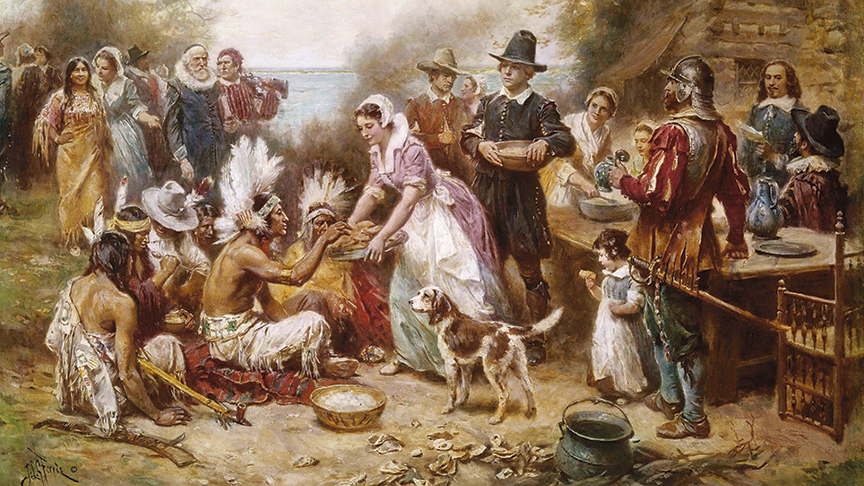
Starting the Hunt: What Did They Actually Believe?
First thing I did? Hit the local archives hard. I mean, physically walked in, smelled that old paper smell. Figured original sources were the only way to cut through the usual “Pilgrim hats and turkey dinner” stuff. Grabbed town meeting minutes, church covenant books, anything from the 1600s and early 1700s.
And wow, right off the bat, Puritan control was absolute. Like, terrifyingly so. This wasn’t just Sunday church. Nope.
- Compulsory Tithing: Saw lists. Everyone paid, no choice. Farmer? Pay with crops. Fisherman? Pay with fish. Skip paying? Hello, fines or public shaming. Felt like a religious tax collector was always watching.
- The Meetinghouse Mafia: Town government? Church government? It was the SAME people! Deacons ran the town meetings. They decided land disputes, punished bad behavior – everything under the guise of God’s law. Checking attendance lists showed folks hauled into court just for skipping Sunday service. Imagine getting fined today for sleeping in!
- Exile for Wrong Thinkers: Found court cases. If your theology didn’t match the town minister’s? Pack your bags. Baptists, Quakers? Forget about it. The official church kicked them out physically, pushing them to places like Rhode Island. Religious freedom? More like freedom to believe what they told you.
The Native Side: A Brutal Reality
Okay, this part hit hard. We hear about “praying towns,” right? Sounded peaceful. Started digging into missionary reports and correspondence.
Total gut punch. “Conversion” was often forced assimilation.
- Land Grab Disguised as Salvation: Saw deeds. Missionaries convinced leaders like Wonalancet to sign over huge chunks of ancestral land, promising heavenly rewards. Translation: Swap your land for prayers, or else.
- Cultural Erasure: Missionaries didn’t just want them Christian. They actively banned native languages, spiritual practices, even traditional clothing in these “praying towns.” Destroyed a culture piece by piece under the banner of “saving souls.” Made me sick reading how they justified it.
The Shocking Takeaway: Religion Was Power
After weeks of sifting through this stuff, the truth slapped me in the face. Colonial New Hampshire religion wasn’t just about personal faith.
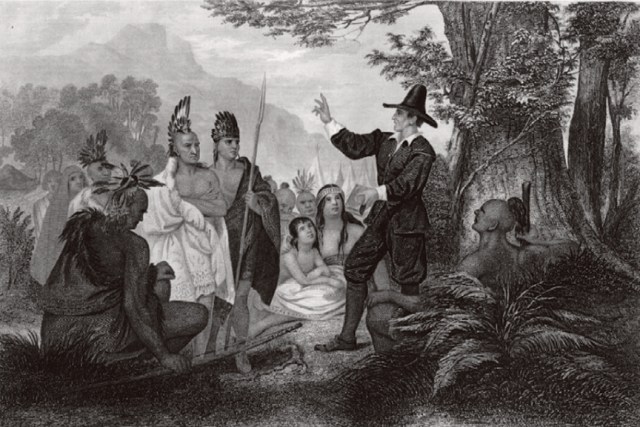
It was the ultimate tool for social control and economic dominance. The church was the state. It told people where to live, how to worship, who to shun, and it took their money and labor to do it. Used fear of hellfire to keep everyone in line. The pious image? Thin veneer over a system built on exclusion, control, and grabbing native land.
Stumbling across these raw records… it felt like pulling back a curtain on a hidden power structure. Forget the sanitized version. The real story is uglier, way more complicated, and shows how deeply intertwined religion was with everyday life – and death – in those early colonies. Crazy stuff.

